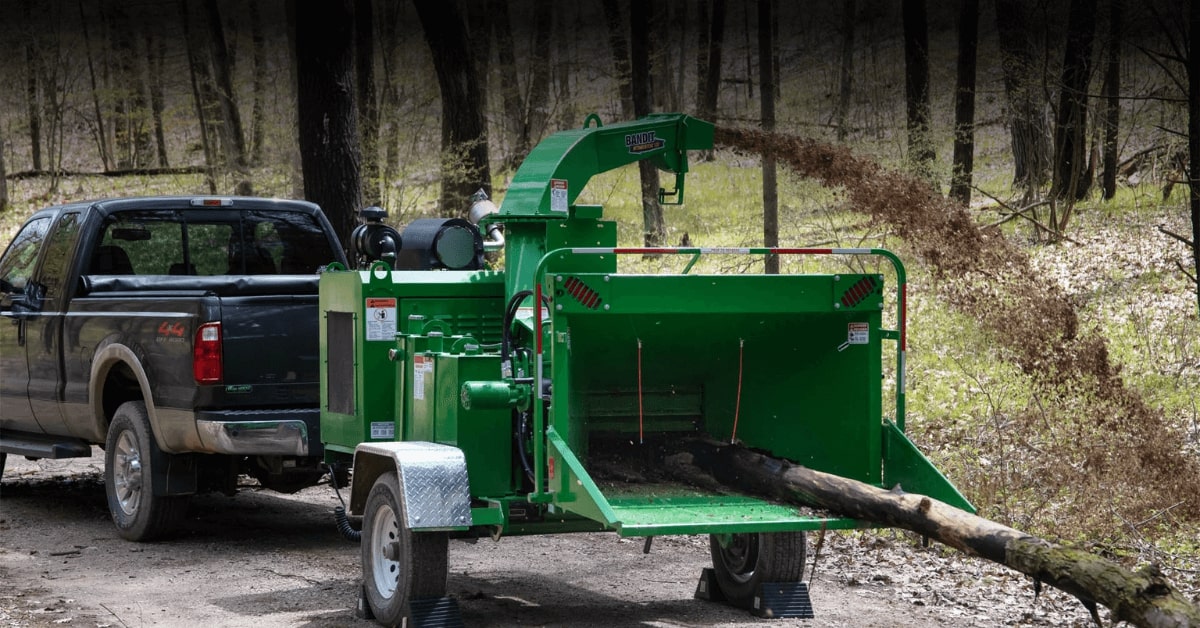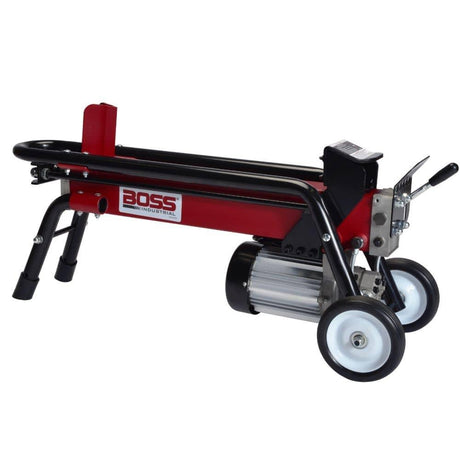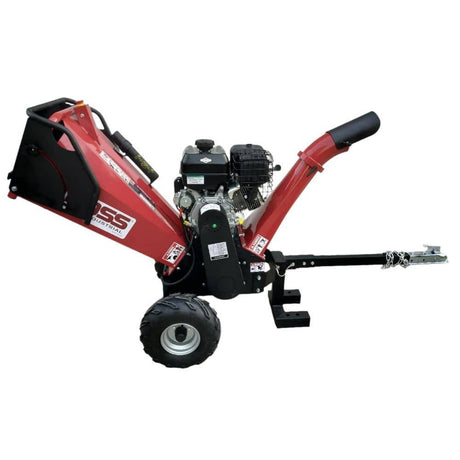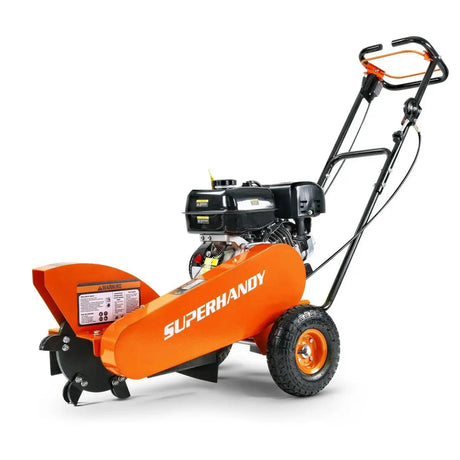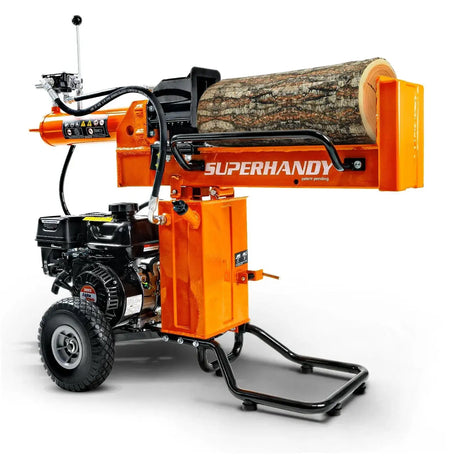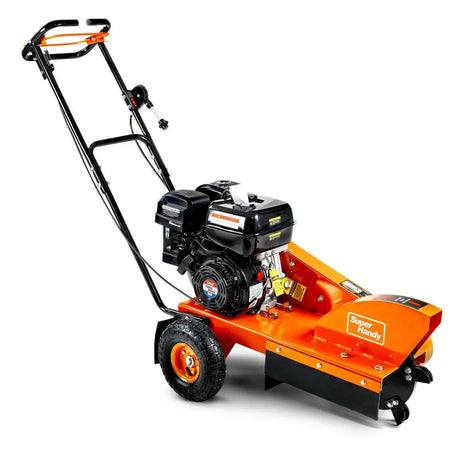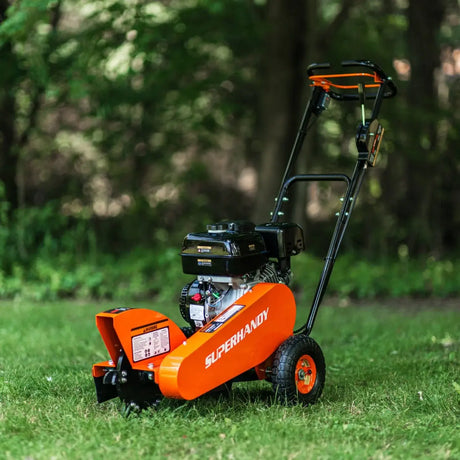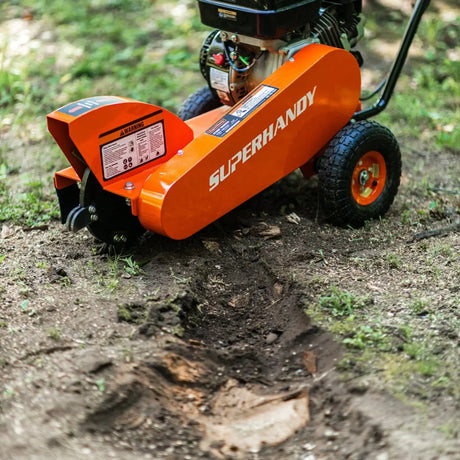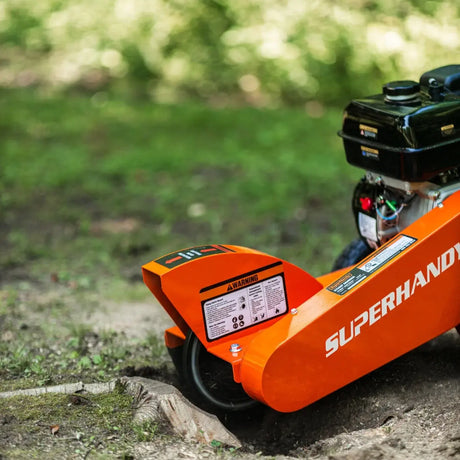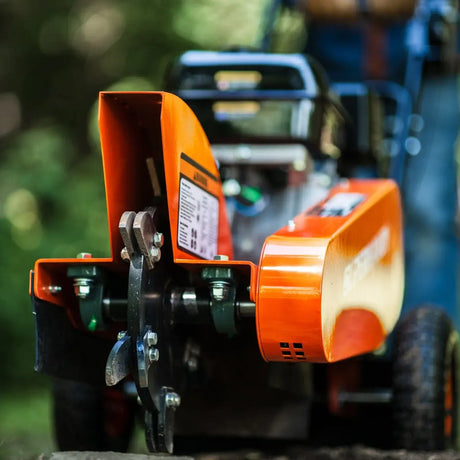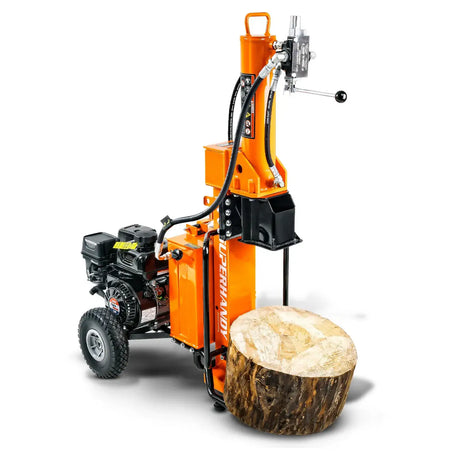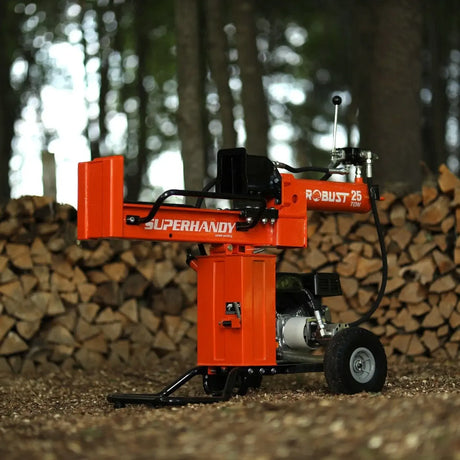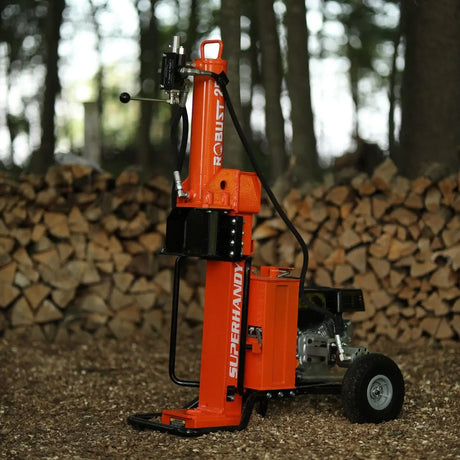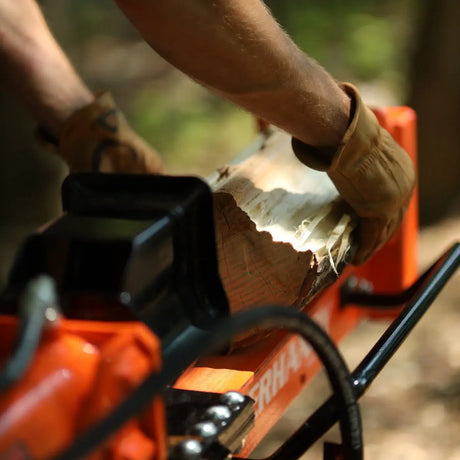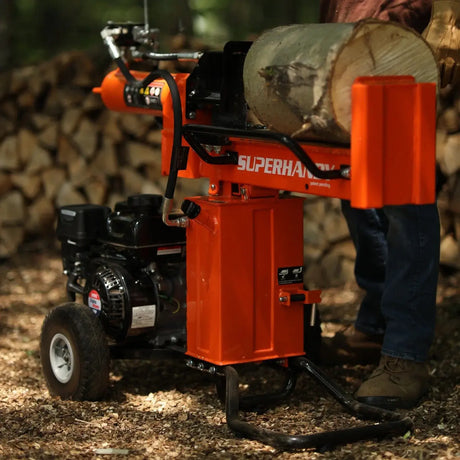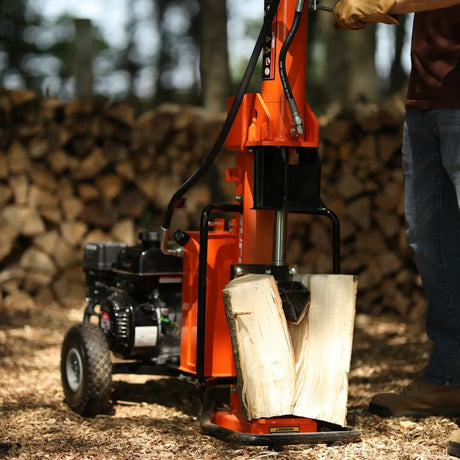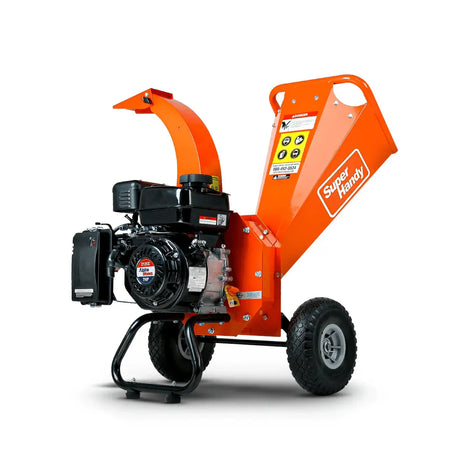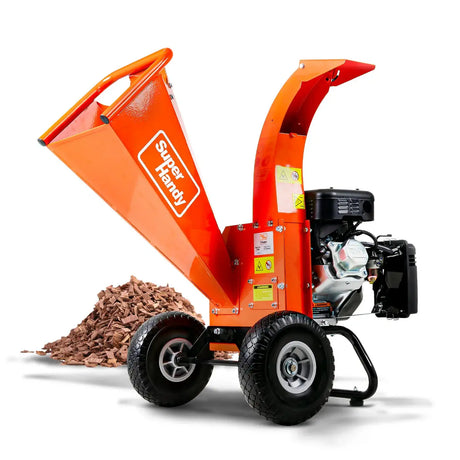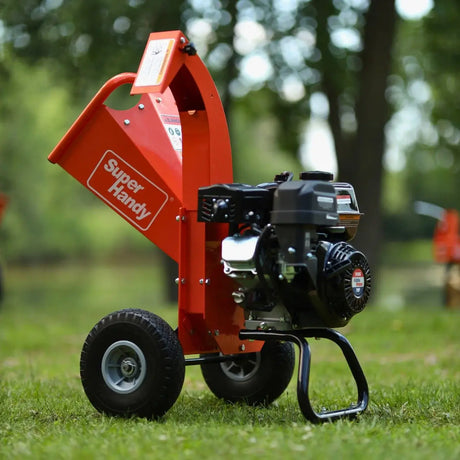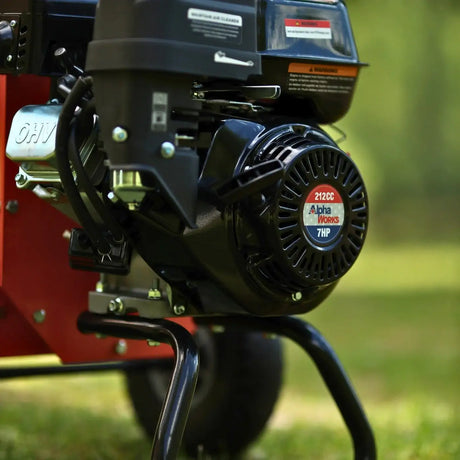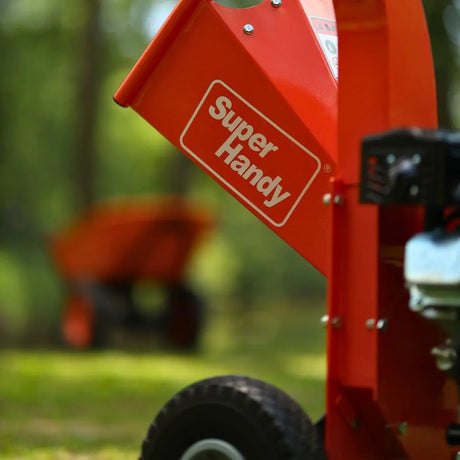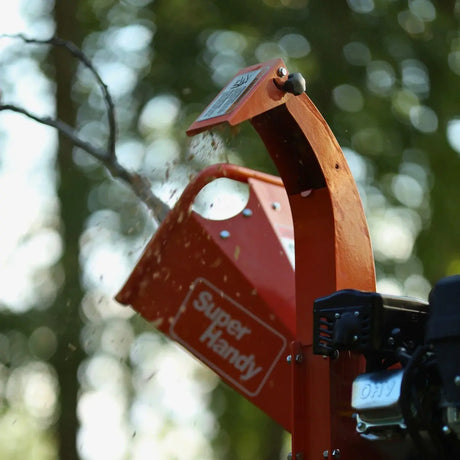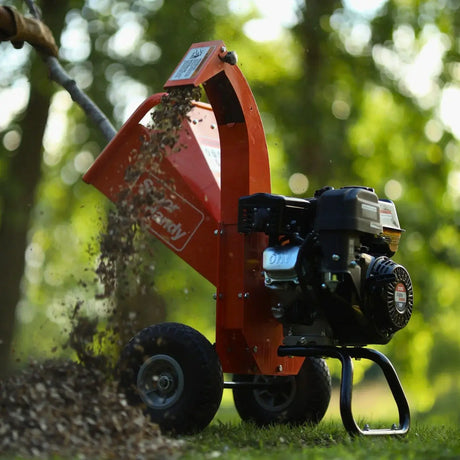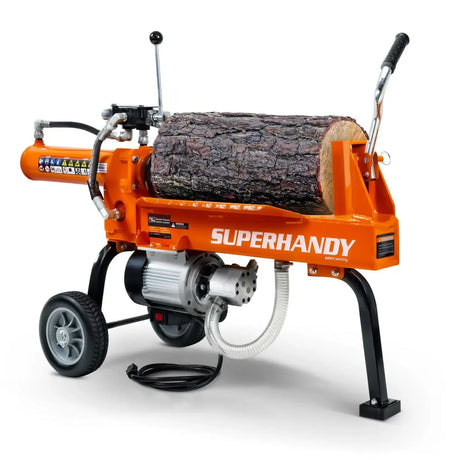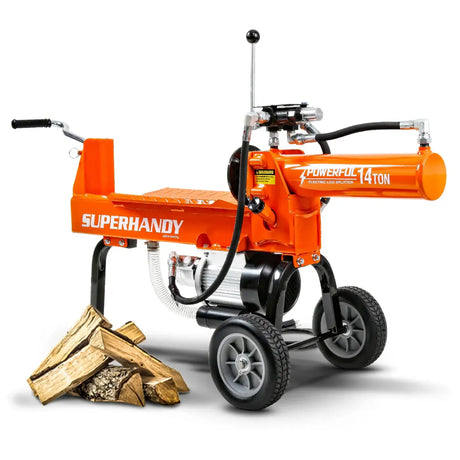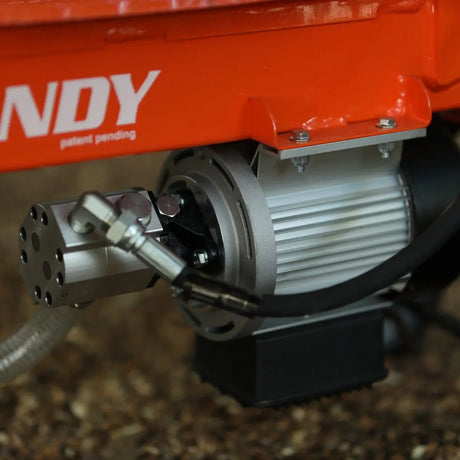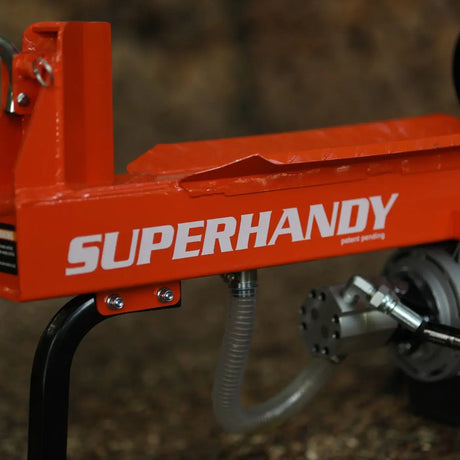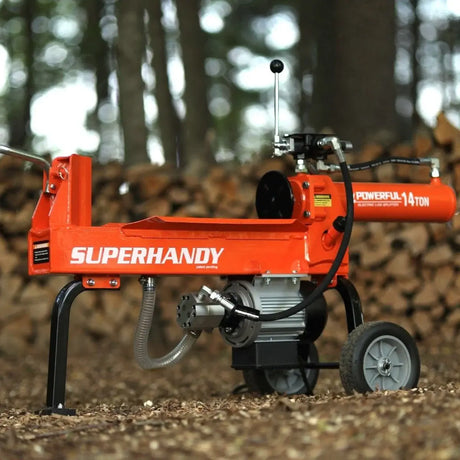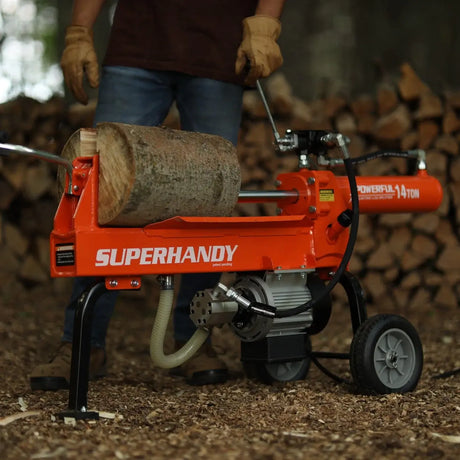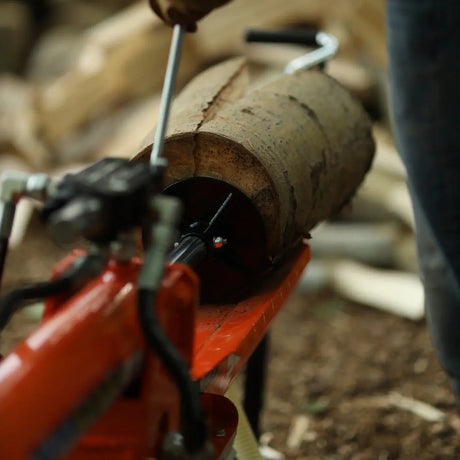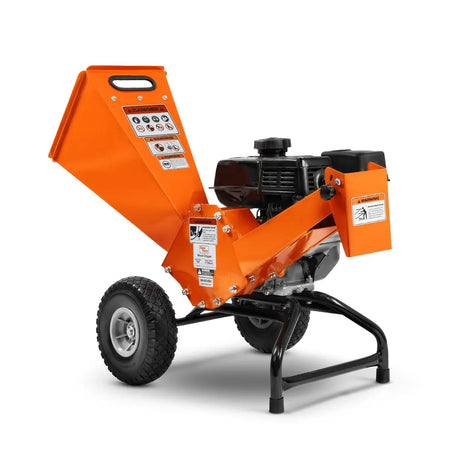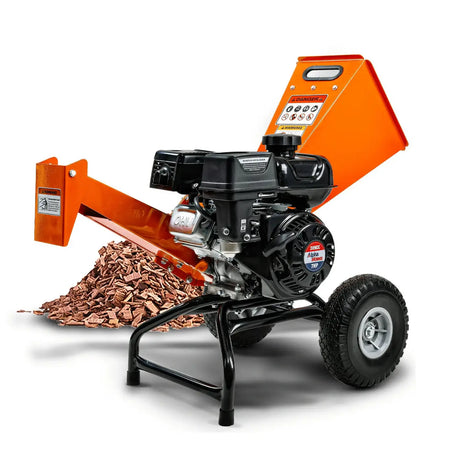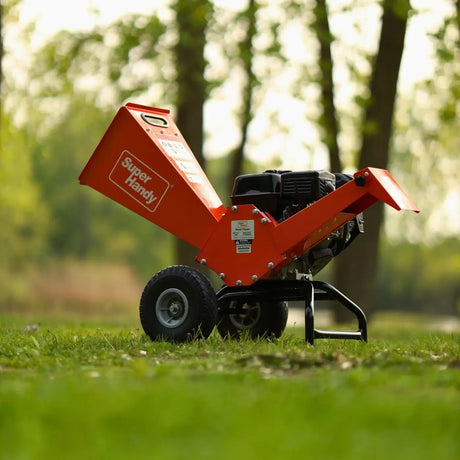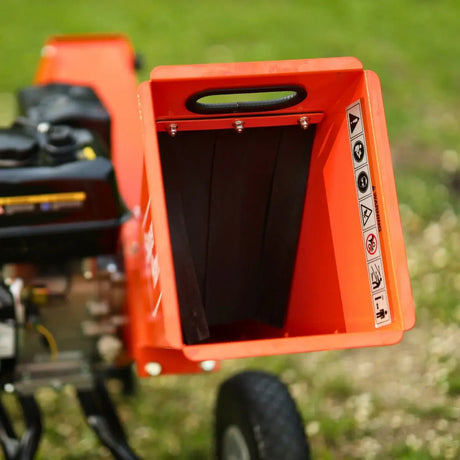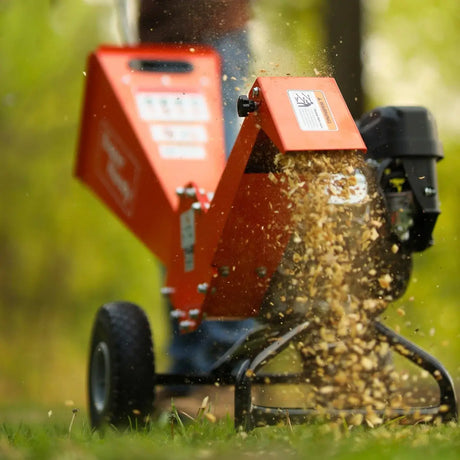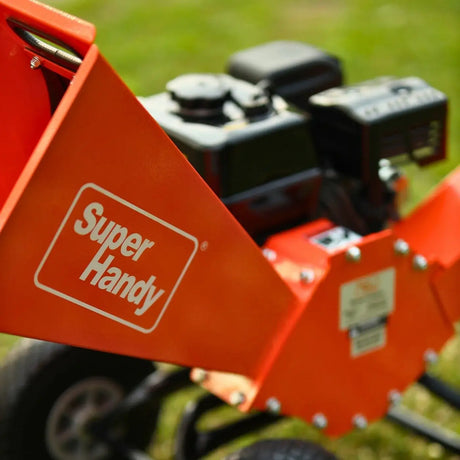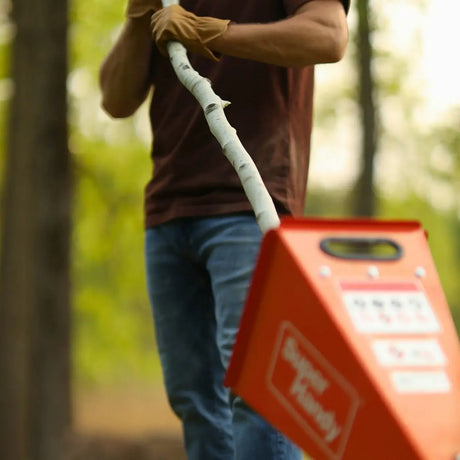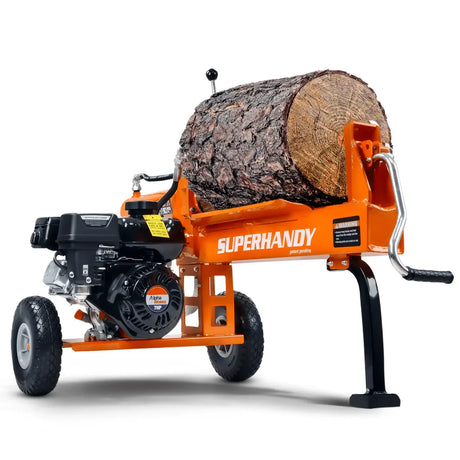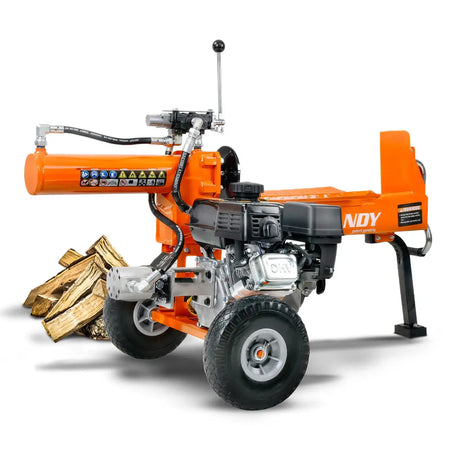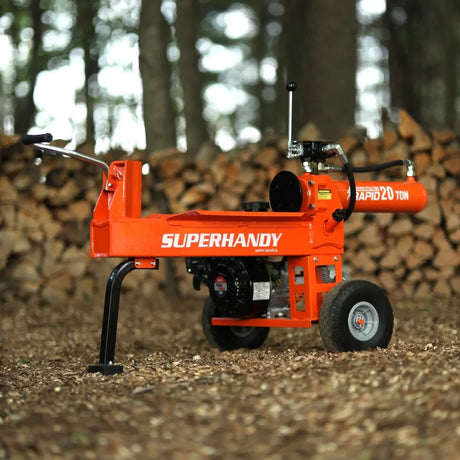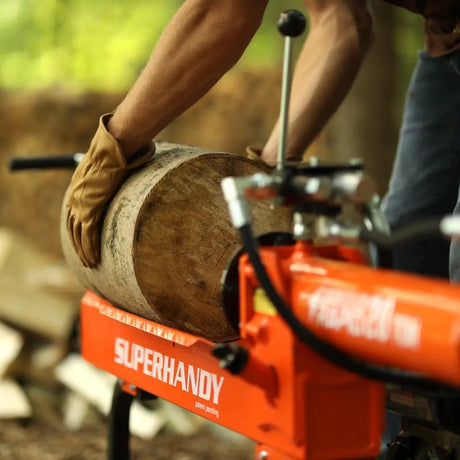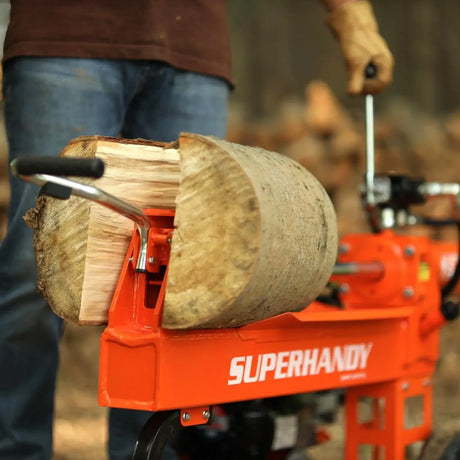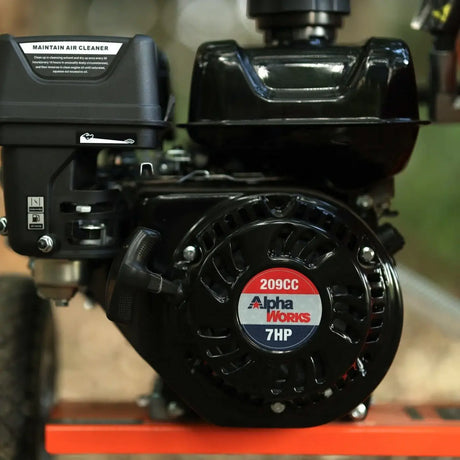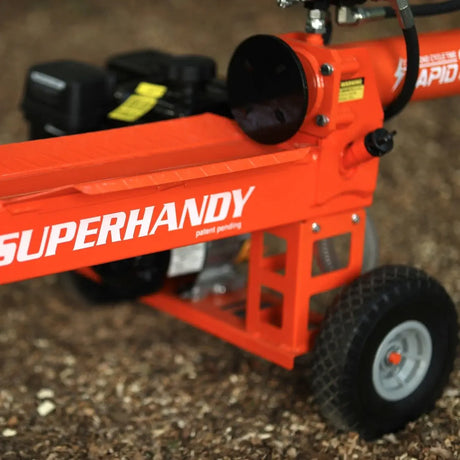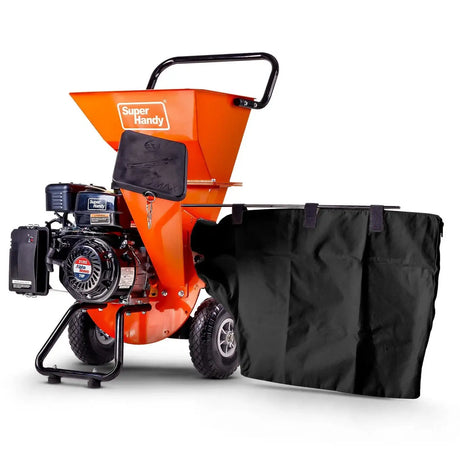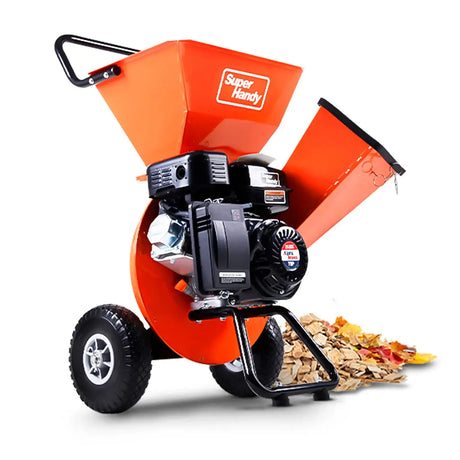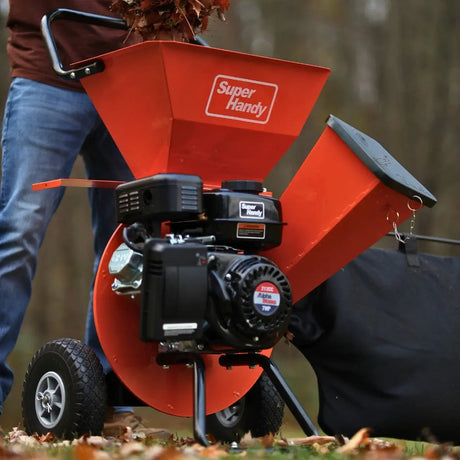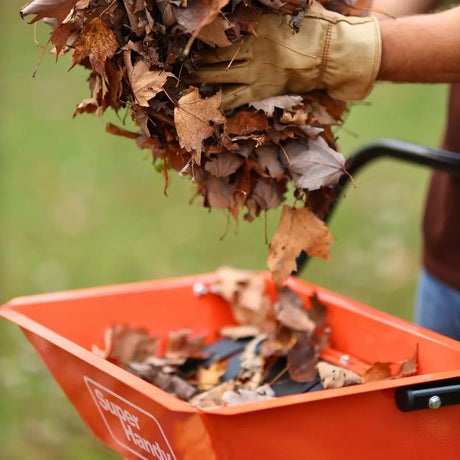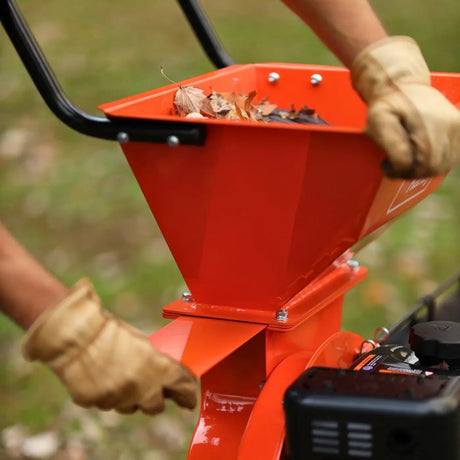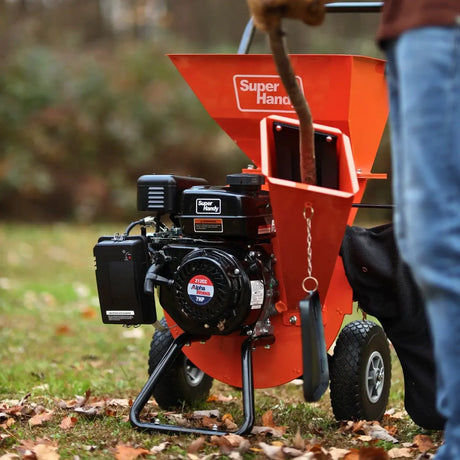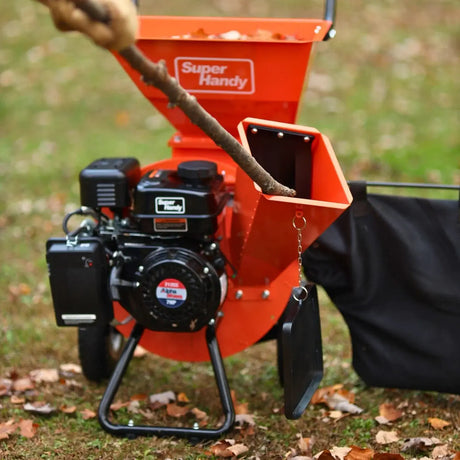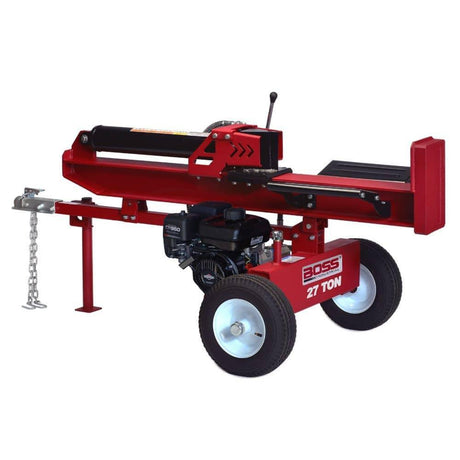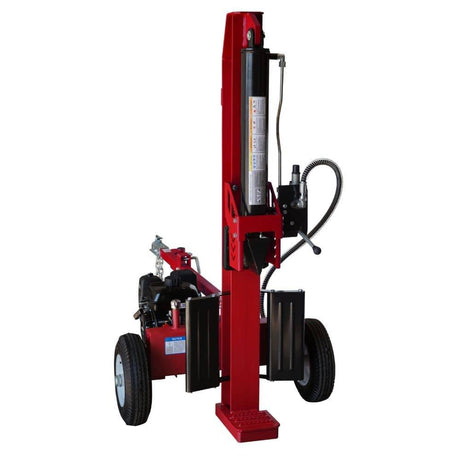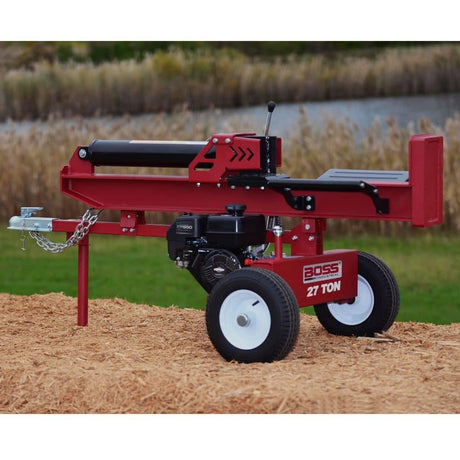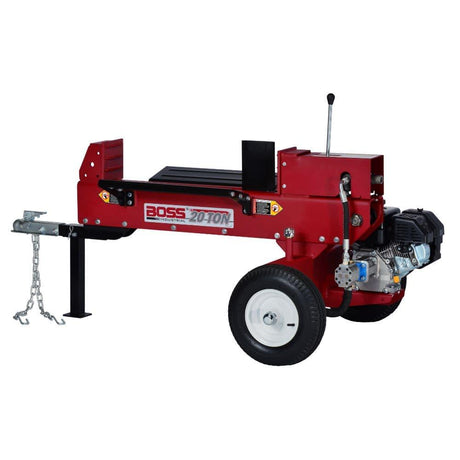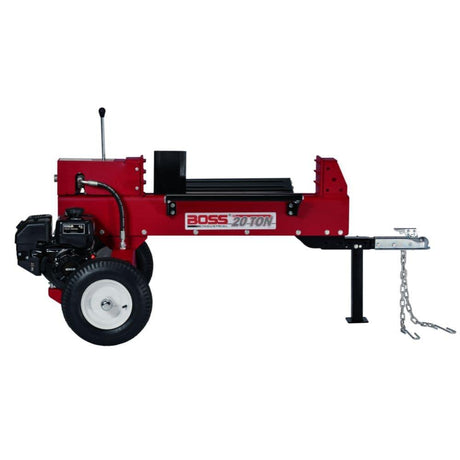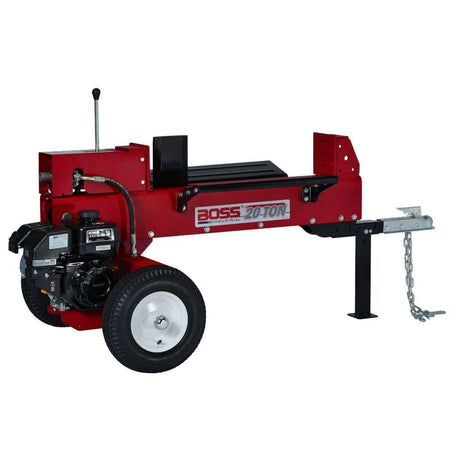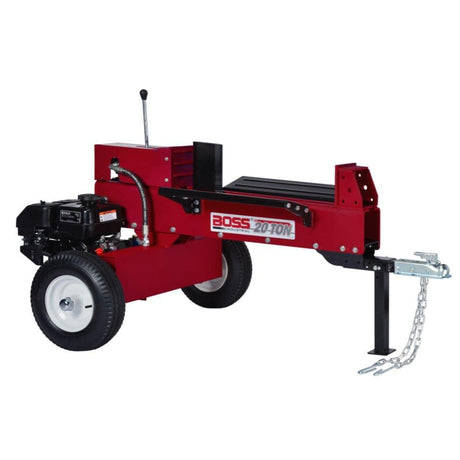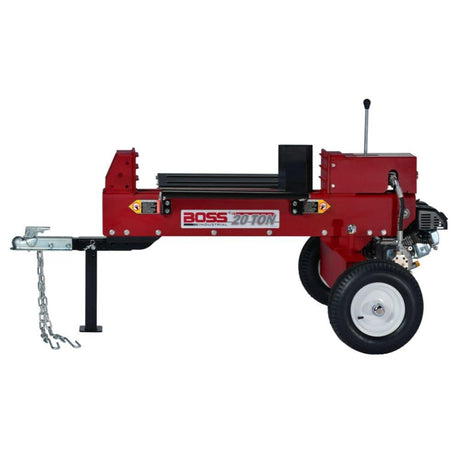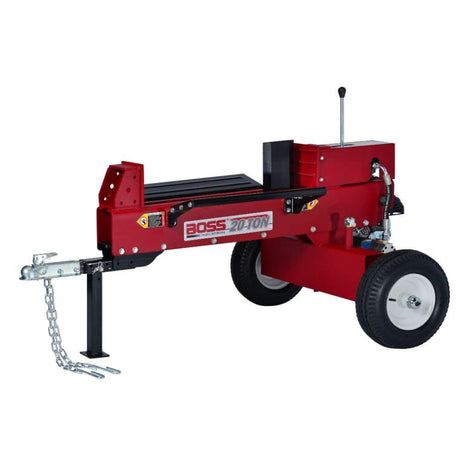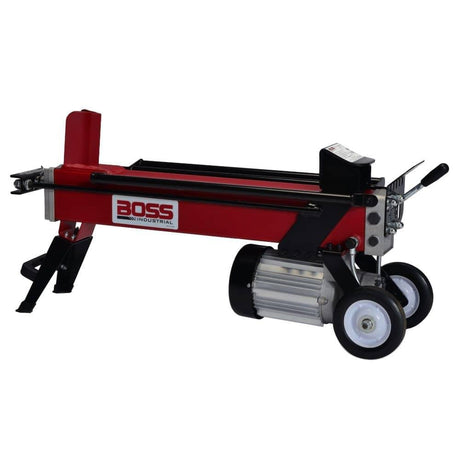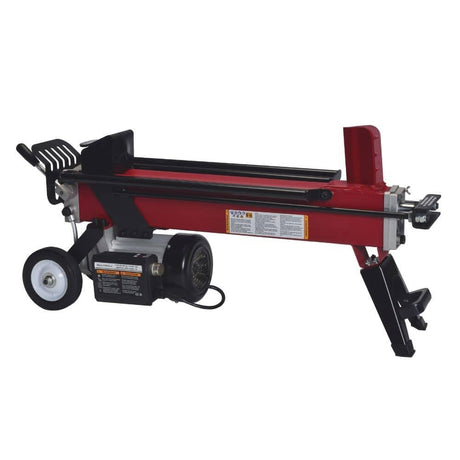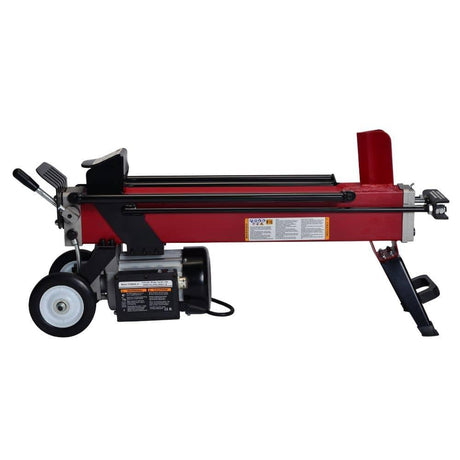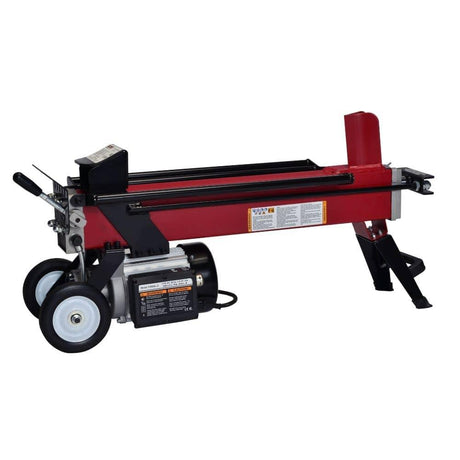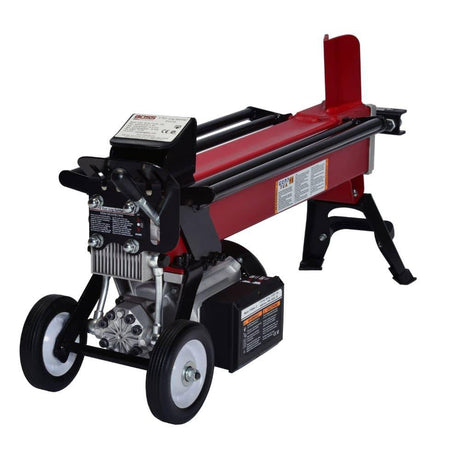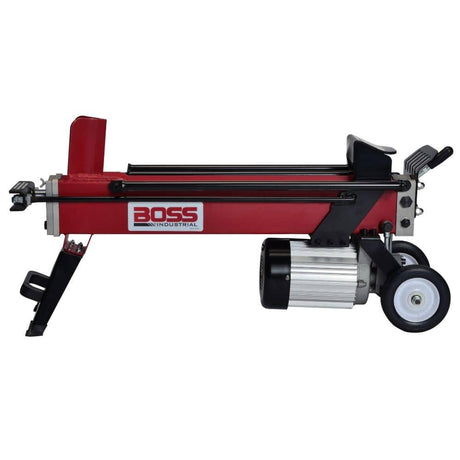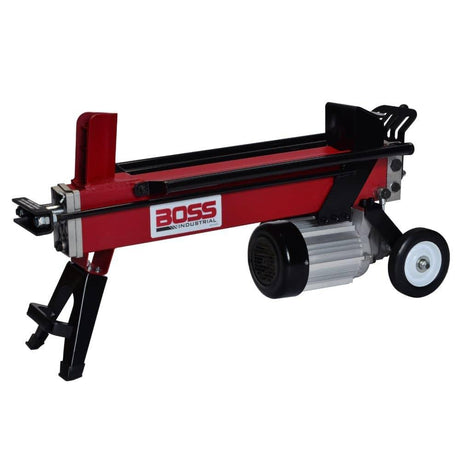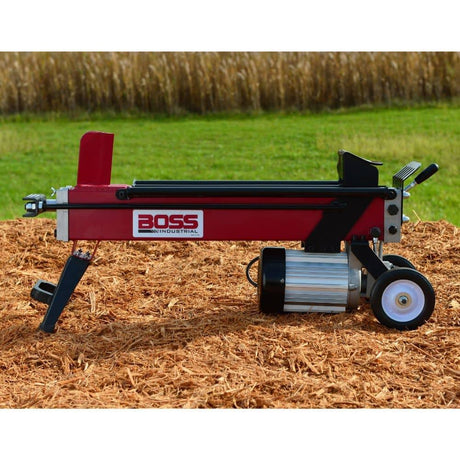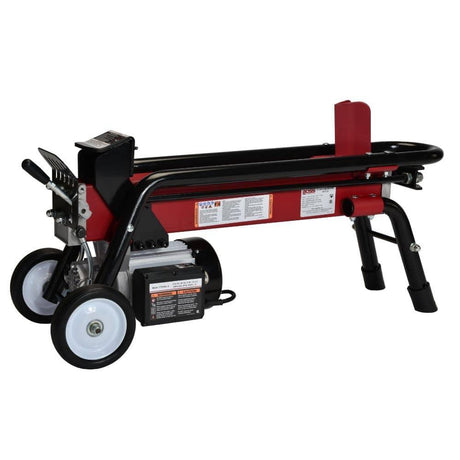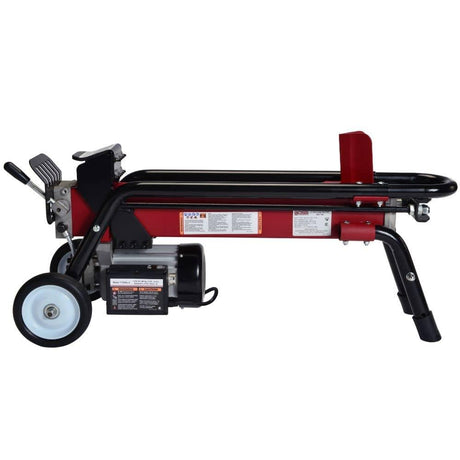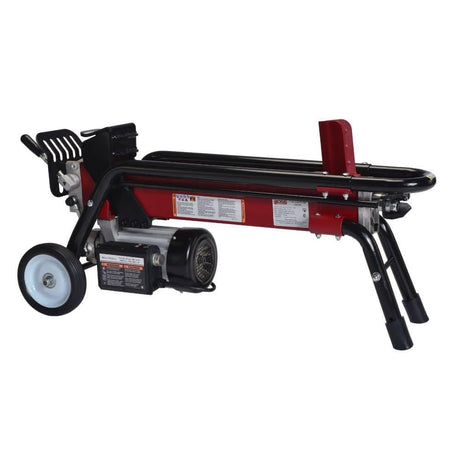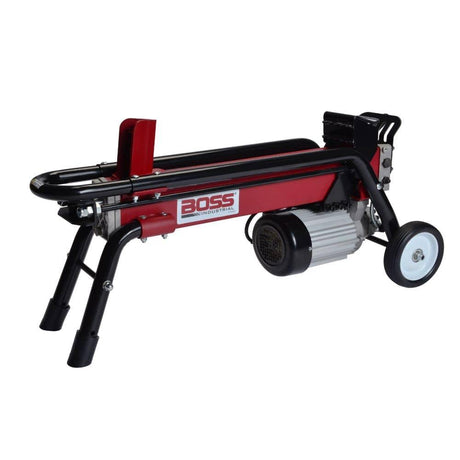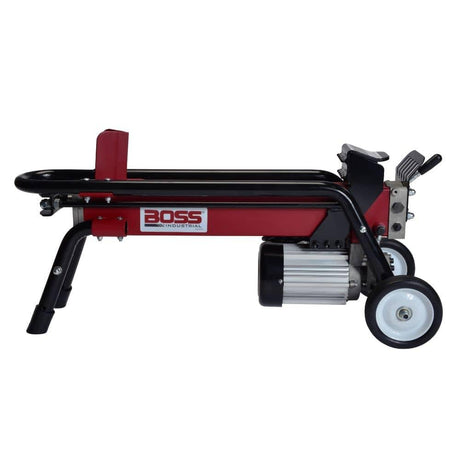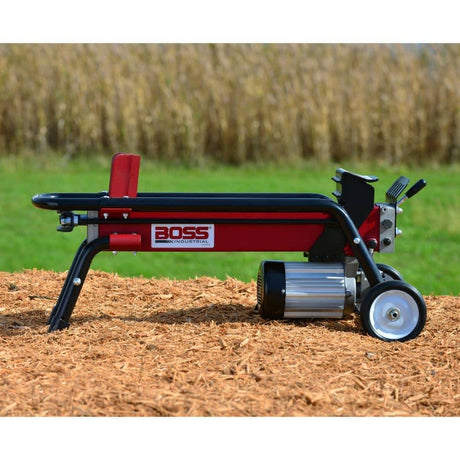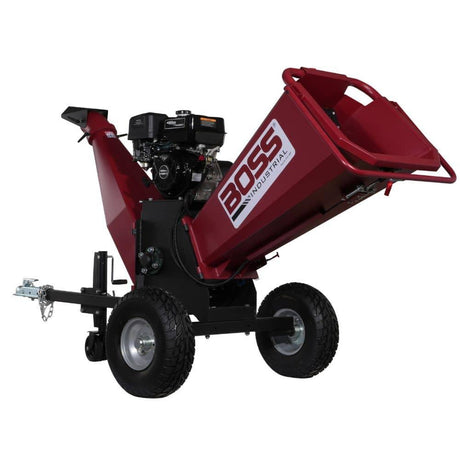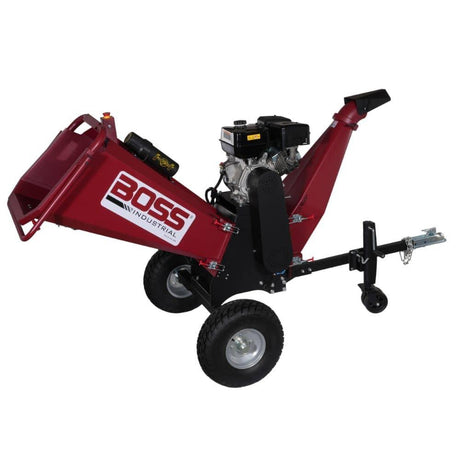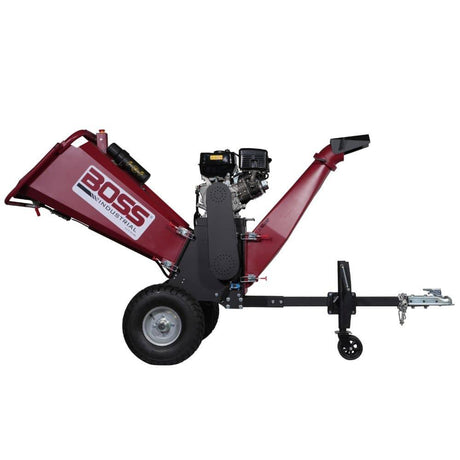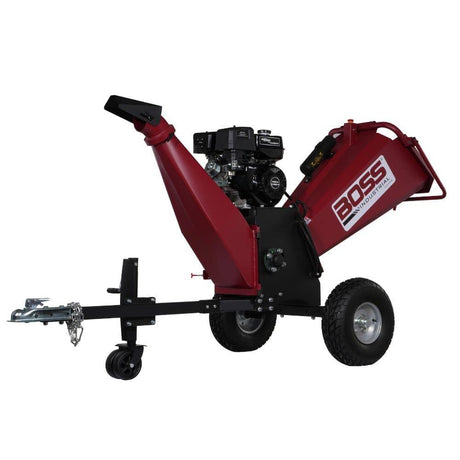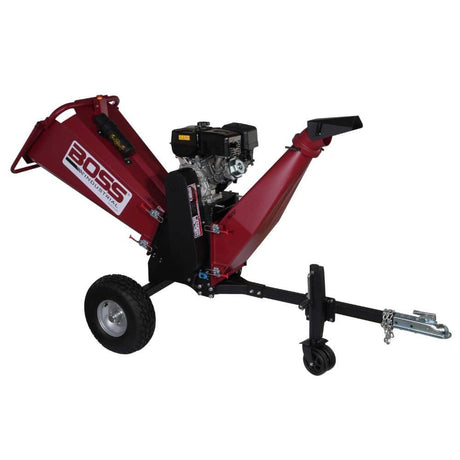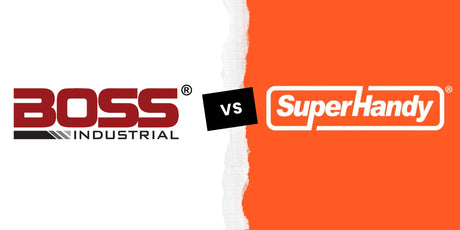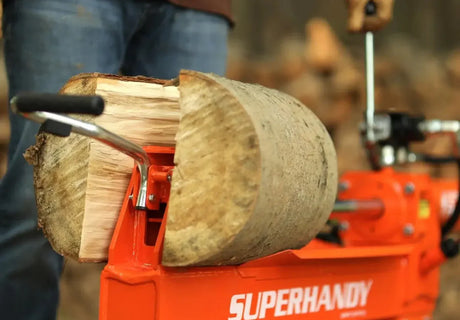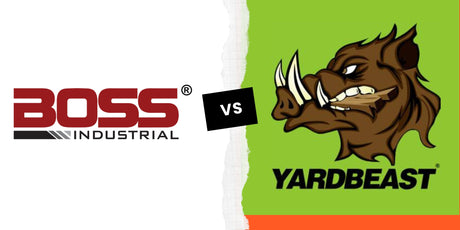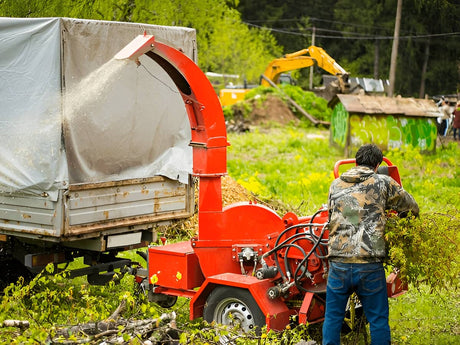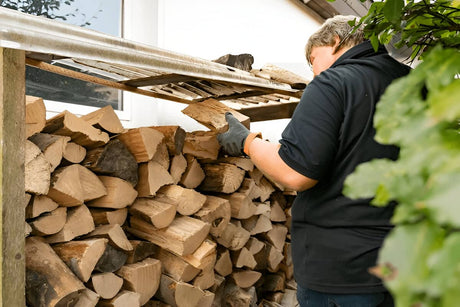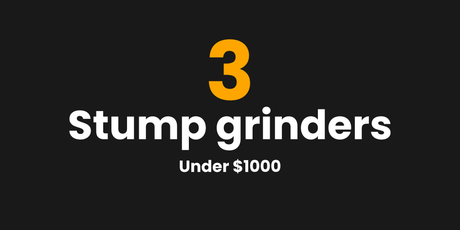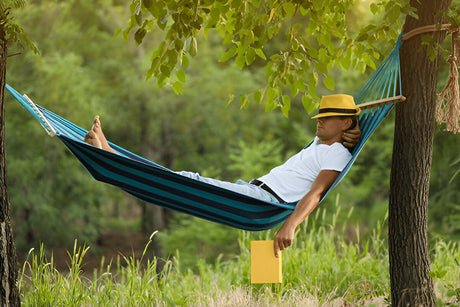Before you rent, read this. Hidden costs, machine limits, and smarter alternatives you need to know.
What You're Really Getting When You Rent a Wood Chipper
Renting a wood chipper seems like a smart move-until you realize the machine you're getting isn't always what you expected. Most rental chippers aren't top-of-the-line units. They're built to survive repeated use by beginners, not to deliver peak performance.
If you want to see what happens when you chip wet wood, check out our wet wood guide.
To see a detailed cost comparison and determine if renting or buying makes more sense for your situation, check out our Buy or Rent a Wood Chipper: Cost Comparison Real-World Guide.

The Difference Between Rental-Grade vs. Commercial Chippers
Rental chippers are often smaller, underpowered, and heavily used. They're designed more for durability than efficiency. Here's what usually separates them from commercial models:
- Lower horsepower - They struggle with larger limbs or wet wood
- Basic blade systems - Less effective cutting, more likely to clog
- Limited capacity - Often max out at 3 inches or less
- No frills - Fewer safety features, less ergonomic design
I've seen homeowners rent a unit expecting pro-level performance, only to return it halfway through the job because it couldn't handle thicker branches or gummed up with sap.
Power, Capacity, and Condition: What to Check Before Signing
Before you drive off with a rented chipper, take 5 minutes to inspect it. You'll avoid a lot of headaches.
Here's what to look for:
- Check the blades - Are they sharp? Dull blades make a big job even slower.
- Confirm max branch diameter - Make sure it fits the size of material you're dealing with.
- Test the start-up - Ask them to fire it up in front of you. If it hesitates, skip it.
- Look for signs of wear - Cracked belts, fuel leaks, or excessive rust? Walk away.
Rentals can get the job done-but only if you know exactly what you're getting into. Don't assume the chipper's ready to go just because it's available.
Always inspect the blades before renting. If they’re dull, the job will take longer—see how blade condition affects performance here.
The Hidden Costs Most Rental Companies Won't Mention
The sticker price on a wood chipper rental might look reasonable-until you return it. That's when the real charges can show up. Most rental contracts come with fine print, and if you're not careful, those extra fees can add up fast.

Fuel, Cleaning Fees, and Blade Damage Charges
Here's what rental companies often don't tell you upfront:
- Fuel isn't included - You're expected to return it full, just like a car.
- Cleaning fees - If you return it with wet chips, caked sap, or leaf buildup, you might get hit with a cleaning charge.
- Blade damage - Run a rock or nail through the blades? That's on you. Some places even charge for minor dulling.
I've seen customers pay double the rental rate because the machine came back with a jammed chute and dull blades-stuff that can happen with completely normal use.
What Happens If It Breaks or Clogs During Use?
Most people assume the rental shop will cover repairs. Not always.
- If it clogs and you try to fix it yourself? You could void the rental agreement.
- If it breaks while you're using it, they'll inspect it-and if they think it's user error, you're on the hook.
- Some companies charge daily rates even if the machine sits idle waiting for pickup or repair.
Even with a rental, you still need to know what not to feed into it to avoid clogs, fees, or damage.
Bottom line: unless you read the terms carefully and treat the machine like it's your own, you could end up with unexpected costs-and no chipper to finish the job.
Pros and Cons of Renting vs. Buying (Or Hiring a Pro)
Not every job calls for owning a wood chipper-but not every job justifies renting either. Whether you should rent, buy, or bring in a professional depends on how often you'll use it, what kind of material you're chipping, and how much time (and patience) you've got.

When Renting Makes Sense-and When It Really Doesn't
Renting a wood chipper works great in the right situation:
Makes sense if:
- You're clearing a yard once or twice a year
- You're dealing with light branches and soft material
- You want to try a chipper before committing to buying one
Doesn't make sense if:
- You're planning multiple cleanups or property maintenance
- You have a lot of thick, heavy limbs to process
- You need a chipper that runs efficiently for more than a few hours
I had a client rent a chipper four times in one summer-by the end of it, he could've bought a quality mid-size model outright and saved time.
The Long-Term Costs of Multiple Rentals vs. Owning
Let's break it down:
- Rental cost per day: $100-$250
- Fuel, fees, deposits: Add another $50-$100 per use
- 3-4 rentals per year? That's $600-$1,000 annually-every year
Now compare that to buying:
- A solid residential chipper pays for itself after just a couple of seasons
- You control when and how you use it-no pickup, no drop-off, no hidden charges
- You keep the mulch, reuse the chips, and get more value over time
Buying isn't right for everyone-but if you're renting more than twice a year, it's worth doing the math. The convenience of ownership often outweighs the short-term savings of renting.
How to Choose the Right Rental Chipper for Your Job
The key is to match the chipper's power and capacity to the actual work you're doing.
Not all wood chippers-or jobs-are created equal. Rent the wrong machine, and you'll waste time, clog the chute, or worse, damage the chipper. The key is to match the chipper's power and capacity to the actual work you're doing.

Know Your Branch Size, Volume, and Timeline
Before you rent, ask yourself three things:
1. How thick are the branches?
- Most rental chippers max out around 3 inches in diameter
- Anything larger needs a commercial-grade unit (or a pro)
2. How much are you chipping?
- For a few piles of light brush, a small shredder may do the job
- For a property-wide cleanup, you'll want something stronger and more efficient
3. How long will the job take?
- Many rentals are priced by the hour, day, or weekend
- Underestimating time = overpaying
One client thought he'd be done in half a day… then rented again the next weekend. A quick material check ahead of time could've saved him both money and hassle.
Ask These Questions Before You Pick One Up
Don't just grab the first chipper on the lot. Ask these:
- What's the max cutting diameter?
- Are the blades recently sharpened or replaced?
- Is this machine better for hardwood or soft leafy material?
- Do I need a trailer or special hitch to tow it?
- What happens if I hit a rock or clog it-who's responsible?
Knowing the answers up front will help you avoid delays, surprise fees, and the dreaded "this thing won't start" moment halfway through your yard cleanup.


